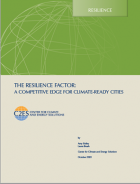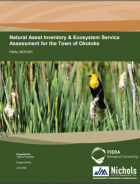Brian Amiro and Karen Wittenberg, both professors at the University of Manitoba, are discussing climate change and its expected impacts on agriculture in the prairies. They focus their discussion on how climate change will impact our lives 35 years from now, in 2050, since there is a lot of data for this year and it is not too far in the future, therefore it is easy to grasp conceptually.
In the prairies, there will be an expected annual temperature increase between 1 and 4 degrees Celsius, with little change in the amount of precipitation. There will be an increase in aridity, with an acceleration of the water cycle. The expectation is that wheat, barley and canola will still dominate. Since soybean, corn, sorghum and millet are warmer climate products they may become more of a focus.
They discuss the possibility of an increase in severe weather and the factors involved. They also discuss the drivers of prairie agriculture, beyond climate change, such as population size and politics, to touch on the other relevant variables in predicting what prairie agriculture will look like in the future. They include in their discussion changes that could occur in biological efficiency, technology and social changes in priorities, such as developing more efficiently produced meat alternatives, and social changes such as a ban on feed-based antibiotics.
They also address the significance of the supports to agriculture, such as trade relations, transportation of food, and insurance; specifically the ongoing need to improve and diversify trade relations, the need to move more products efficiently, and to insure it properly.
This presentation was a part of the Alberta Institute of Agrologists in Banff Alberta during April 2014.





